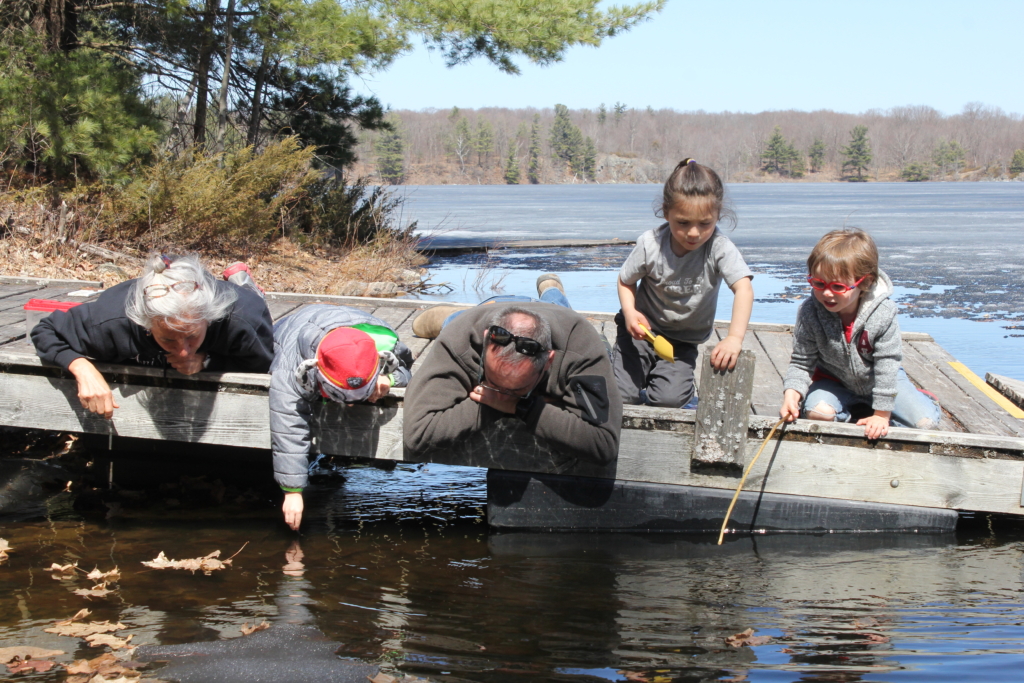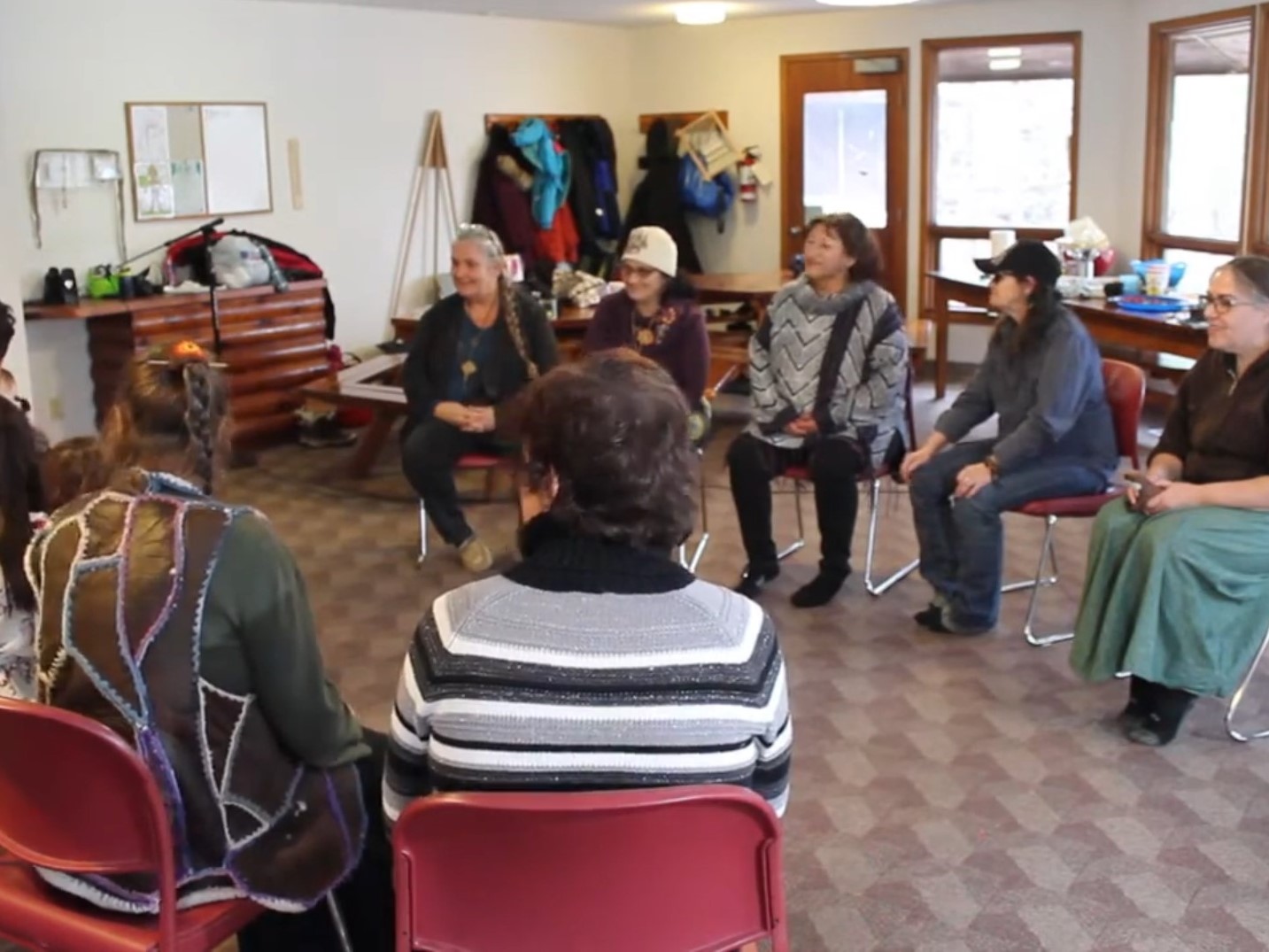About the Community
The Kingston Indigenous Languages Nest (KILN) is an urban language revitalization group, committed to rejuvenating indigenous languages in the Kingston Ontario area. Started in 2014 with a few committed individuals gathered around an Elder’s kitchen table, KILN has blossomed into a much larger learning community, passionate about sharing and learning indigenous languages. We are guided by the Dish with One Spoon wampum, which governs this territory. This means that we honour the rights of all Indigenous people to have their needs fulfilled intellectually, physically, spiritually, and emotionally on this land. Supporting language learning is a powerful way to fulfill this agreement.
The majority of our community is made up of people of Anishinaabe and Haudenosaunee heritage and these Nations are the traditional inhabitants of the land on which we live. But KILN is different from traditional language nests working on revitalizing one language. Because KILN is in an urban setting, each year the diversity of people with Indigenous ancestry in Kingston grows. Our membership includes Indigenous people from coast to coast to coast on Turtle Island. Some of the Indigenous communities that our members belong to include Ardoch Algonquin First Nation, Bachewana First Nation, Tyedinaga Mohawk Territory, the Metis Nation of Alberta, the Metis Nation of Ontario, Attiwapiskat First Nation, Fort Albany First Nation, Sturgeon Lake First Nation and other diverse heritages including Cree, Carrier, Oji-Cree, Mi’kmaq, Métis, Algonquin, Ojibway, Mohawk, Lakota and more.
Our community has many Indigenous cultures and little access to language learning. As a result, our strategy is to work across cultures to instill pride in language learning. We welcome status and non-status people, as well as supportive settler allies. We host weekly workshops where we share and learn each other’s languages through songs, games, and stories with the help of fluent and intermediate speakers. We host independent activities and offer programs in partnership with numerous other community and educational institutions such as: Loving Spoonful, Kingston Community Health Centre …
In our activities, we aim to use culturally appropriate ways of teaching and learning. That means that our sessions are intergenerational, with children, youth, adults, and elderly people learning together and sharing knowledge. We do our best to tend to our children’s fire and help them grow in pride as Indigenous people. At the same time, we know that learning does not stop in adulthood, so we also have activities to help adults on their language learning journeys.

If you take care of the language, the language will take care of you.
(Patricia Ningewance Nadeau)

